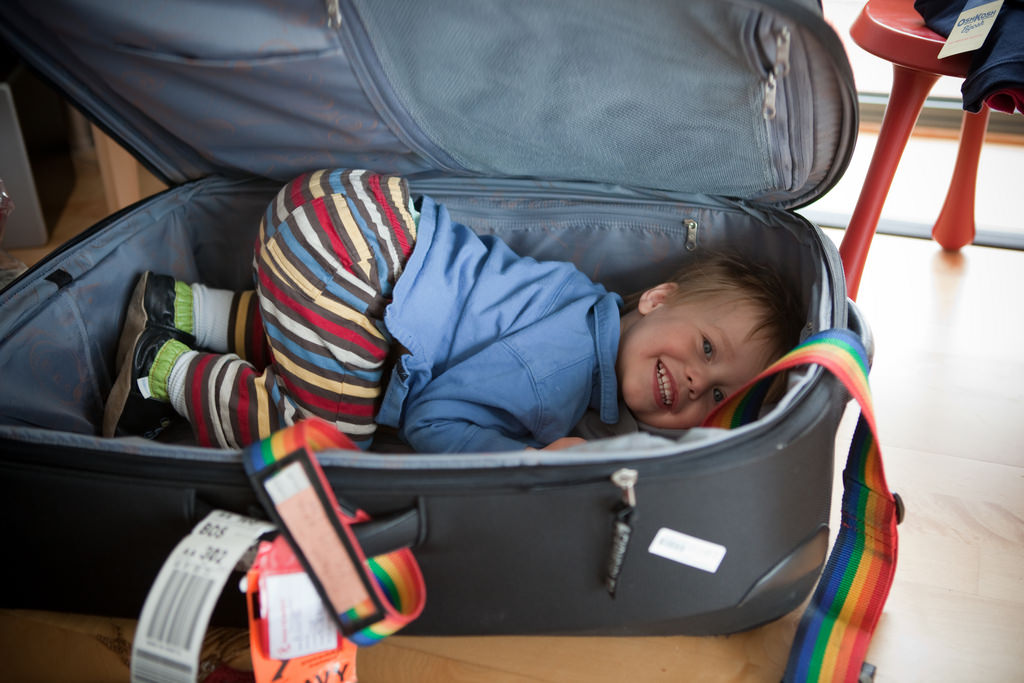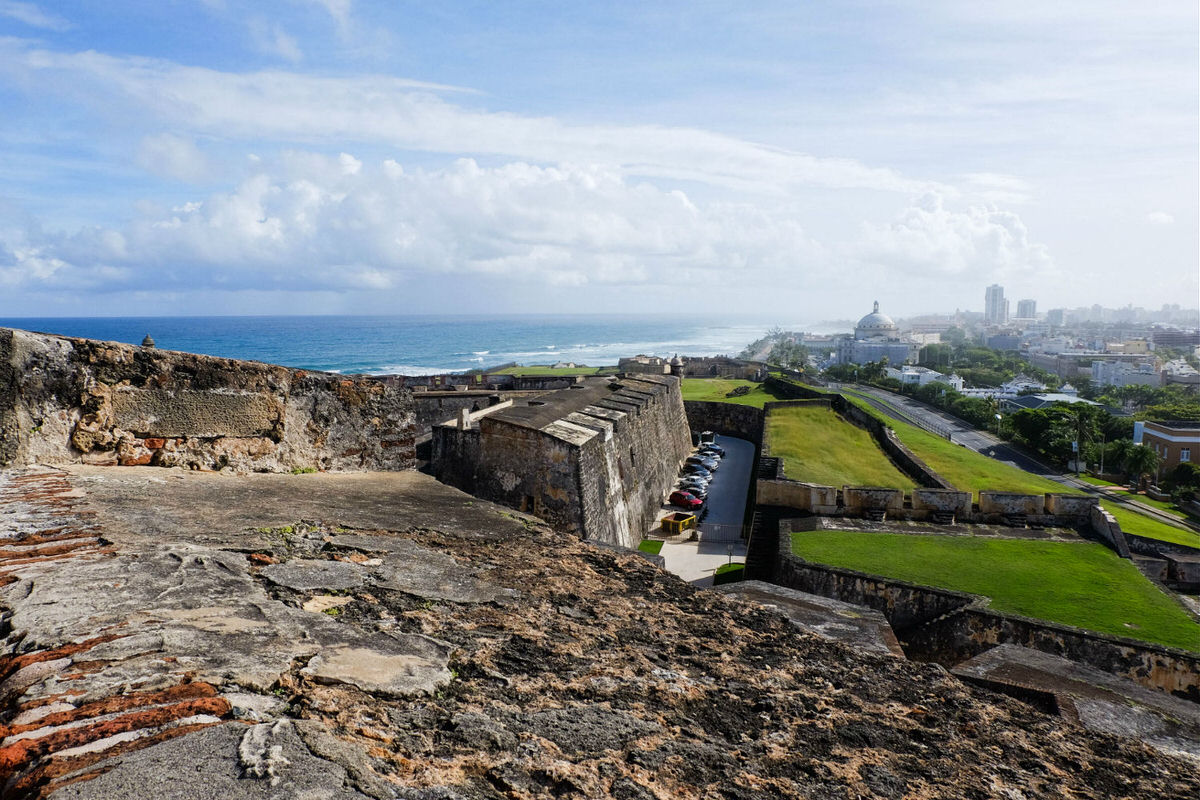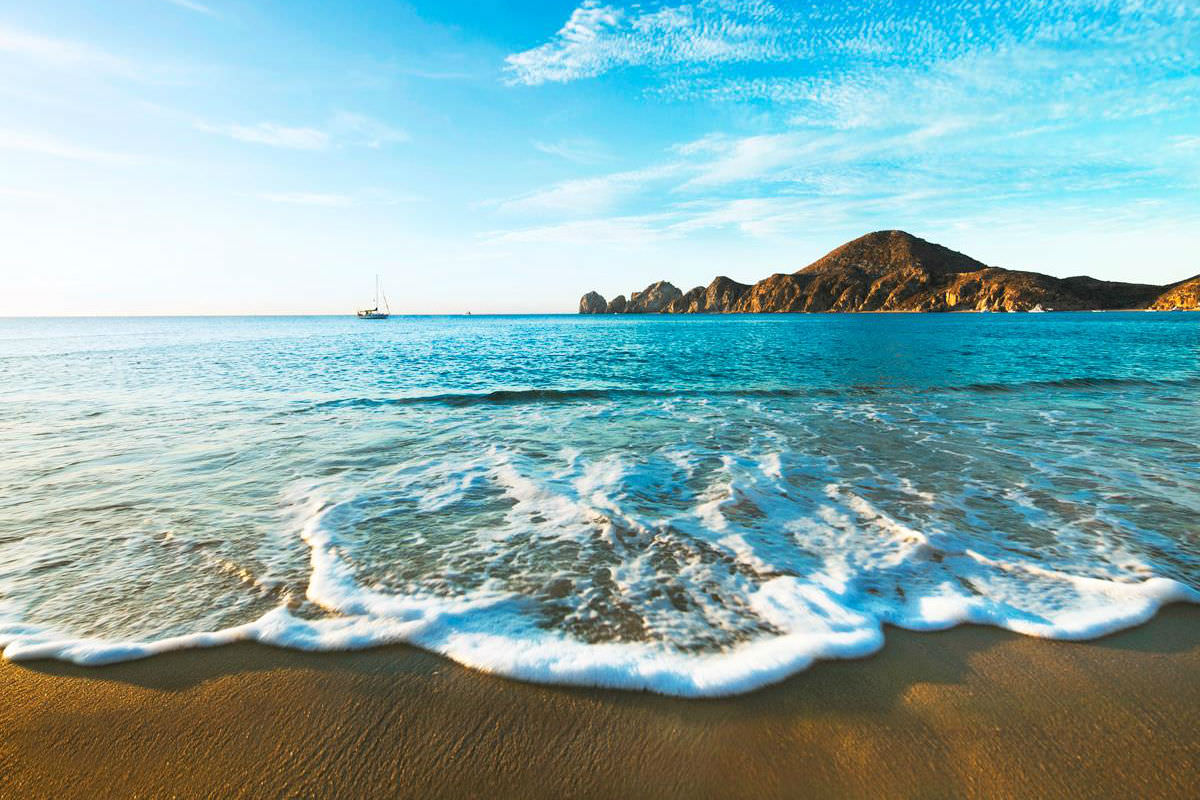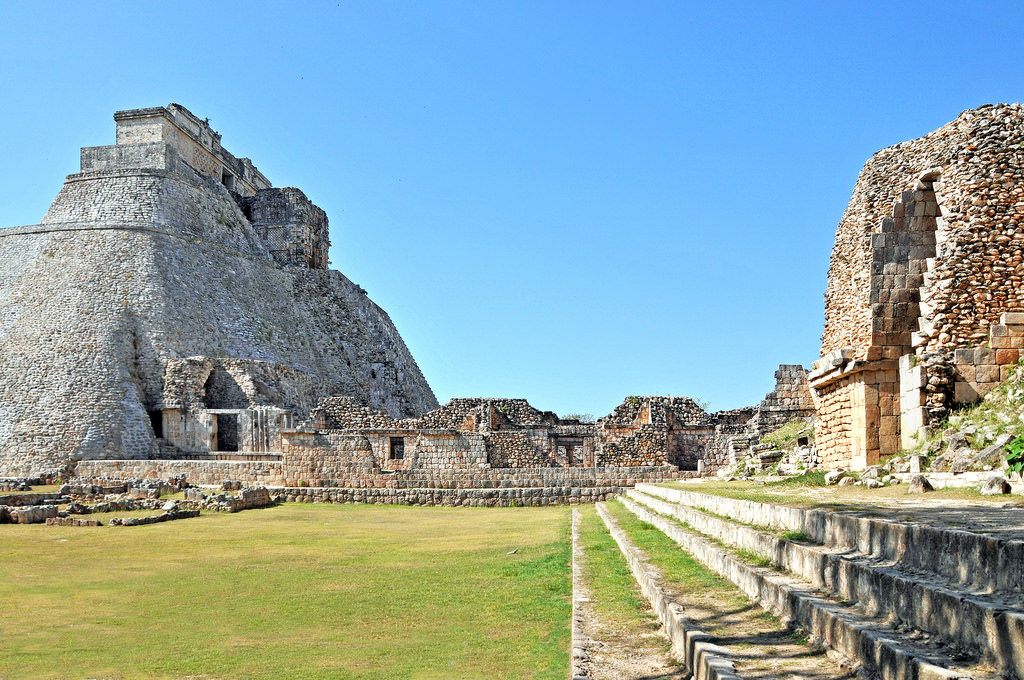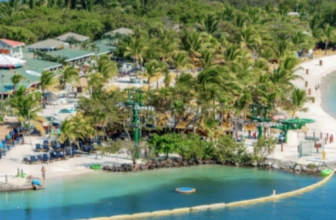Destinations with mosquito problems By Mimi Slawoff
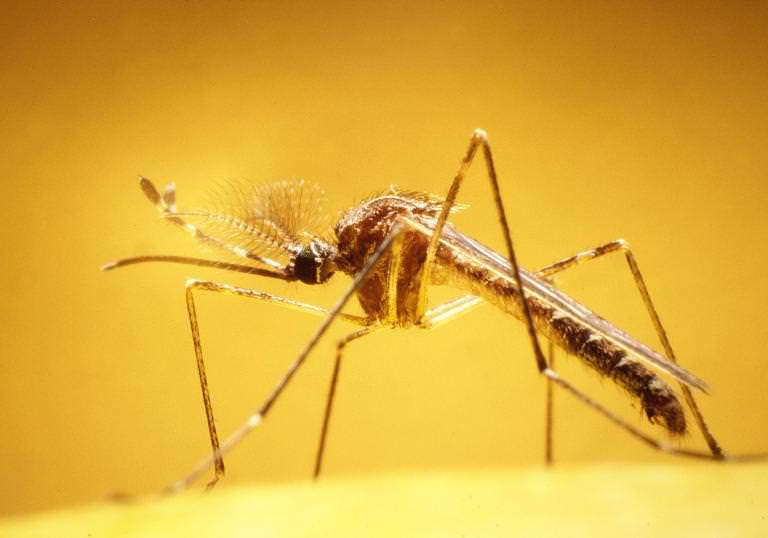 You’ll find mosquitoes in the U.S., Caribbean, and Central and South America. (Flickr: Alberto Garcia)
You’ll find mosquitoes in the U.S., Caribbean, and Central and South America. (Flickr: Alberto Garcia)
Some people are more prone to bug bites than others, but in some warm tropical places everyone is fair game. Mosquitoes love warm, humid places, where there is easy access to water. You’ll find more mosquitoes after periods of prolonged rains and around salt ponds and other standing water. They’re also more active at dusk.
Besides being annoying, some mosquitoes carry diseases – some mild, others more mild serious as the Zika virus. The mosquito-borne virus has spread from Brazil throughout Central and South America and the Caribbean over the last year. Currently, about 37 countries and territories are affected by the Zika virus, according to the Centers Disease Control and Prevention. The disease is spread by the Aedes aegypti mosquito, which generally lives in areas below 6,500 feet elevation.
(MORE: 10 Ways to Recover From a Vacation Hangover)
Many people infected with the virus do not get sick. Those who do may experience mild symptoms, such as a fever, rash, joint pain and conjunctivitis. Pregnant women can pass the Zika virus to the fetus, which can cause the birth defect microcephaly.
By knowing when and where mosquitoes breed you can help decrease the chance of your family getting angry welts on their bodies while vacationing in Florida, the Caribbean and Central America. While mosquitoes are just about everywhere, they’re especially prevalent in the following 5 warm destinations.
Florida
It’s no secret that snowbirds aren’t the only ones who flock to Florida’s mild climate. Mosquitoes thrive in the humid sunshine state, especially in Miami and Fort Lauderdale, both popular for family vacations. Over the years, the entire state has experienced sporadic outbreaks of dengue and chikungunya, tropical diseases carried by the Aedes aegypti mosquito, which is prevalent in Florida.
Puerto Rico
Ample mosquito breeding grounds (which include cemeteries) and a debt crisis (resulting in poverty and poor healthcare) are contributing to the growing number of Zika cases. Each year, millions of tourists visit Puerto Rico via ship or plane for a sunny family vacation. The capital city of San Juan is a popular cruise port, and dozens of flights move daily between San Juan and Orlando, Washington, New York and other major U.S. cities. Public health and infectious disease experts expect Zika to impact the U.S., especially in southern states, already home to mosquitoes that can spread the virus.
Columbia
This South American country has lush rainforests, beaches, towering mountains – and lots of mosquitoes. Thousands of people have been infected with the Zika virus. In addition, before visiting Columbia, be sure to take prescription medicine before, during, and after your trip to prevent malaria. Sand flies and mosquitoes are most active at sunrise and sunset, so plan your family beach visits accordingly.
St. Martin/St. Maarten
Home to numerous kid-friendly beach resorts and secluded coves, St. Martin (governed by both Dutch and French nations) has been battling mosquito problems for years. But visitors can take heart that the Department of Collective Services (CPS) is being proactive in eliminating potential mosquito breeding grounds.
(MORE: Passport Needed: Passport Requirements for Kids Traveling to the Caribbean)
Dominican Republic
Chikungunya, dengue, malaria and Zika are all mosquito borne illnesses that are present in the Dominican Republic. Dominican officials have launched a fumigation and cleanup drive to eradicate mosquito-breeding areas. Family-friendly Cruise lines that visit Haiti provide families with safety tips to help avoid mosquito bites.
Beat Bug Problems
Mosquitoes like moisture, heat and certain smells, like perfumes, scented soaps and lotions. Keep pesky bugs at bay by avoiding colognes, perfumes and scented skin and hair products. Cover exposed skin with light color long-sleeved shirts, long pants, and hats; use an appropriate insect repellent as directed (apply sunscreen first, then repellent).
Mimi Slawoff of Planetfamilytravel contributed this to MiniTime. She is a Los Angeles-based journalist and a seasoned family travel expert who explores the world with her three children and writes about their journeys.
